Source: The Times June 16, 2007
Mister Pip
By Lloyd Jones
Reviewed by Melissa Katsoulis
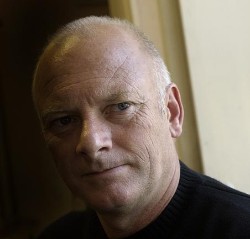
Lloyd Jones
LLOYD JONES, a New Zealander previously unpublished in Britain, has just been awarded the Commonwealth Writer’s Prize for this, his seventh book, a haunting tale set on a remote Pacific island. It’s clear from the first page that it is prize-winning stuff.
Set in the early 1990s in a myth-rich, cash-poor village called Bougainville, Mister Pip is narrated by Matilda, a clever child starting to outgrow her mother’s fire and brimstone approach to morality.
She introduces us to old Mr Watts, the island’s only white man, and only teacher. Sometimes he wears a red clown’s nose on his solemn face as he pushes his large, silent wife around in a small chariot. They are a mystery that the children long to uncover. Then war comes. The “redskins”, with their helicopters and smartly-dressed officers, vie with the rebels, a sorry gang of little boys with big guns, for control of the island, and when the village is razed, something is destroyed that, to Matilda and her classmates, was even more important than sleeping mats, frying pans and shoes: their one copy of Great Expectations, which Mr Watts had been reading to them. The class sets about recreating their favourite book, each digging up memories and escaping, in their minds, to this wonderful place called England, with its unimaginable marshes, frost and pork pies. Eventually, the rebels, hearing everyone talking about this Mister Pip, decide that he must be a spy, and demand that he step forward and explain himself. Mr Watts – no one is quite sure why – says that he is Mister Pip, and proceeds to tell a life-story that is partly his, partly Pip’s, partly the islanders’, as the young soldiers sit rapt at his feet. This being a truthful story, it does not end with the armies discovering a shared love of literature and laying down their guns. And, being a truthful writer, Jones sees nothing – neither his heroes nor his villains in black and white. His is a bold inquiry into the way that we construct and repair our communities, and ourselves, with stories old and new. John Murray, £12.99
| 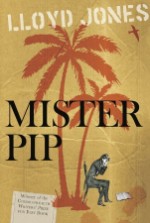
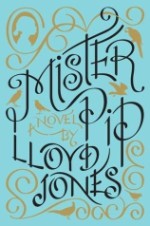
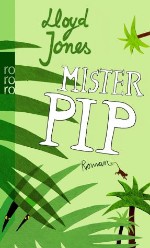
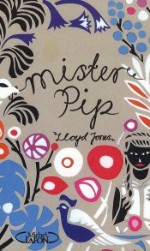 
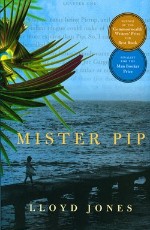
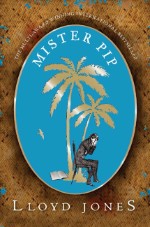
|